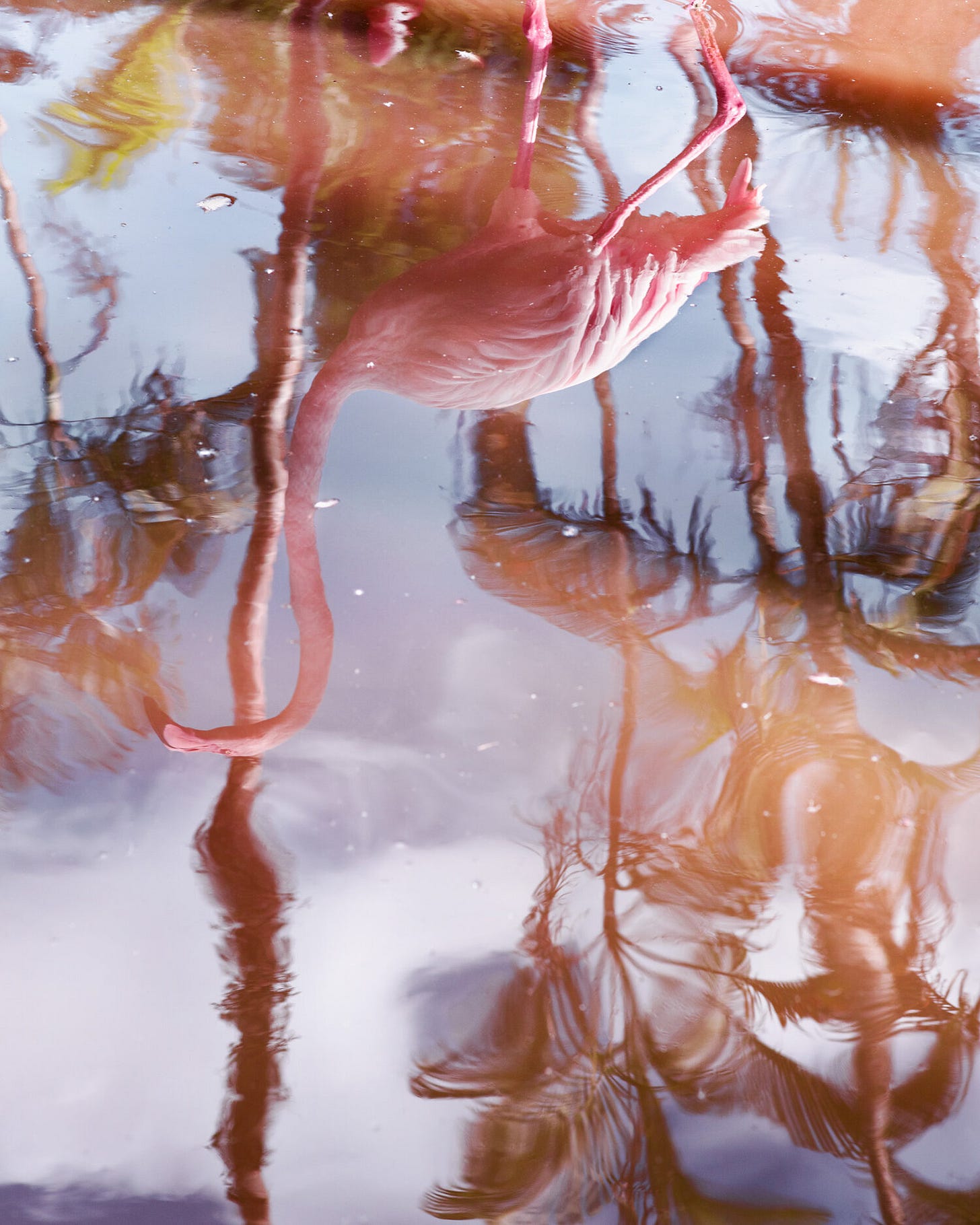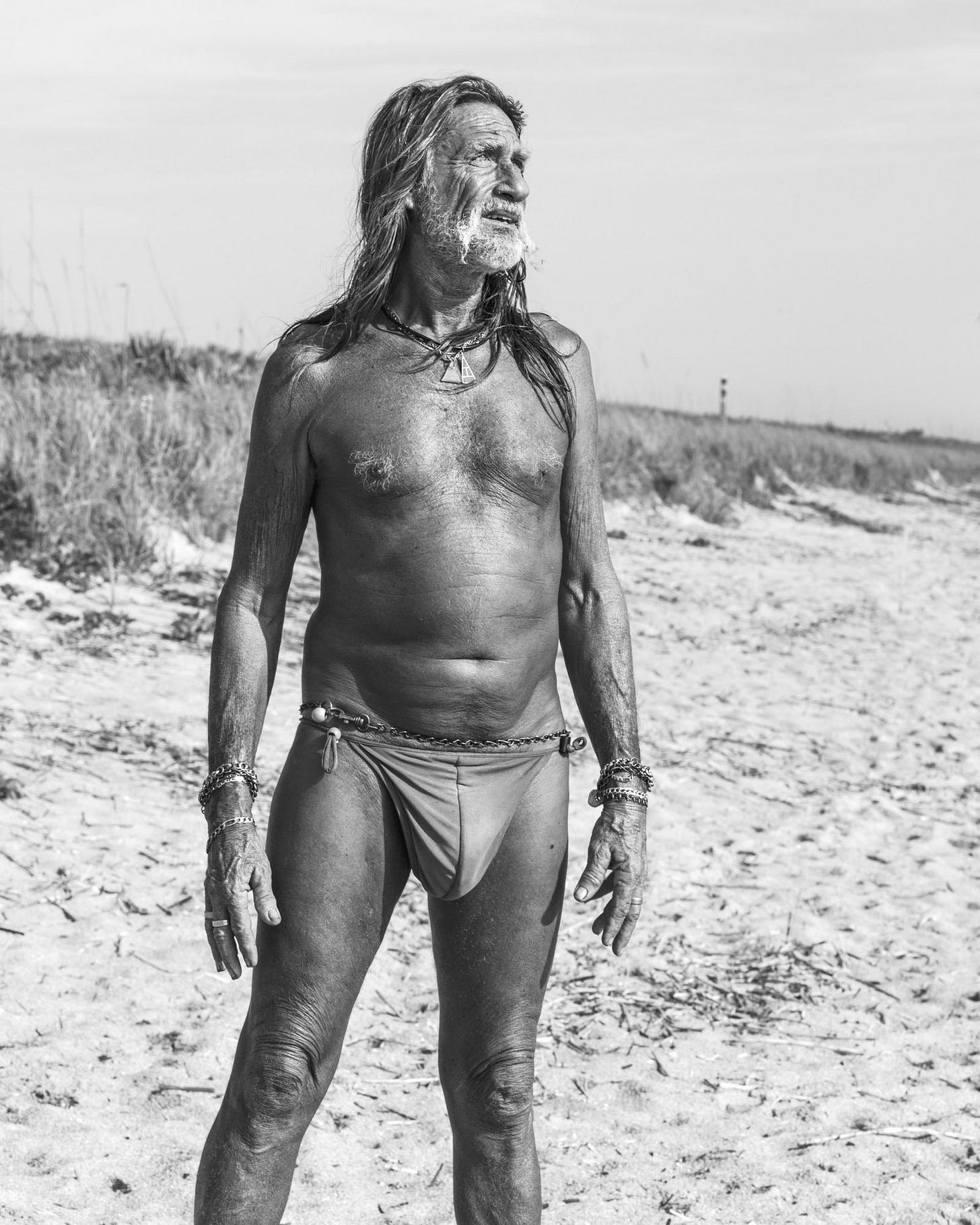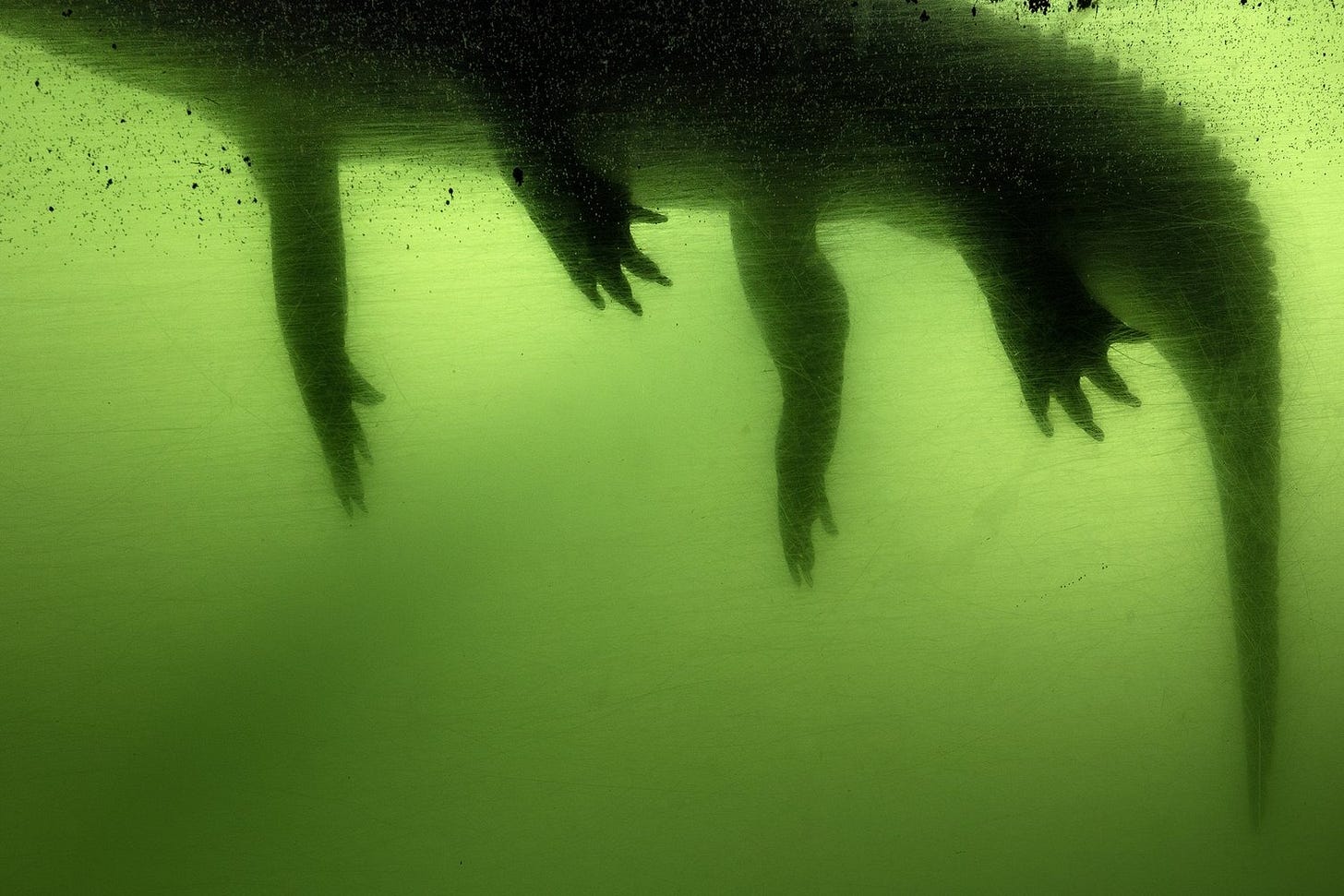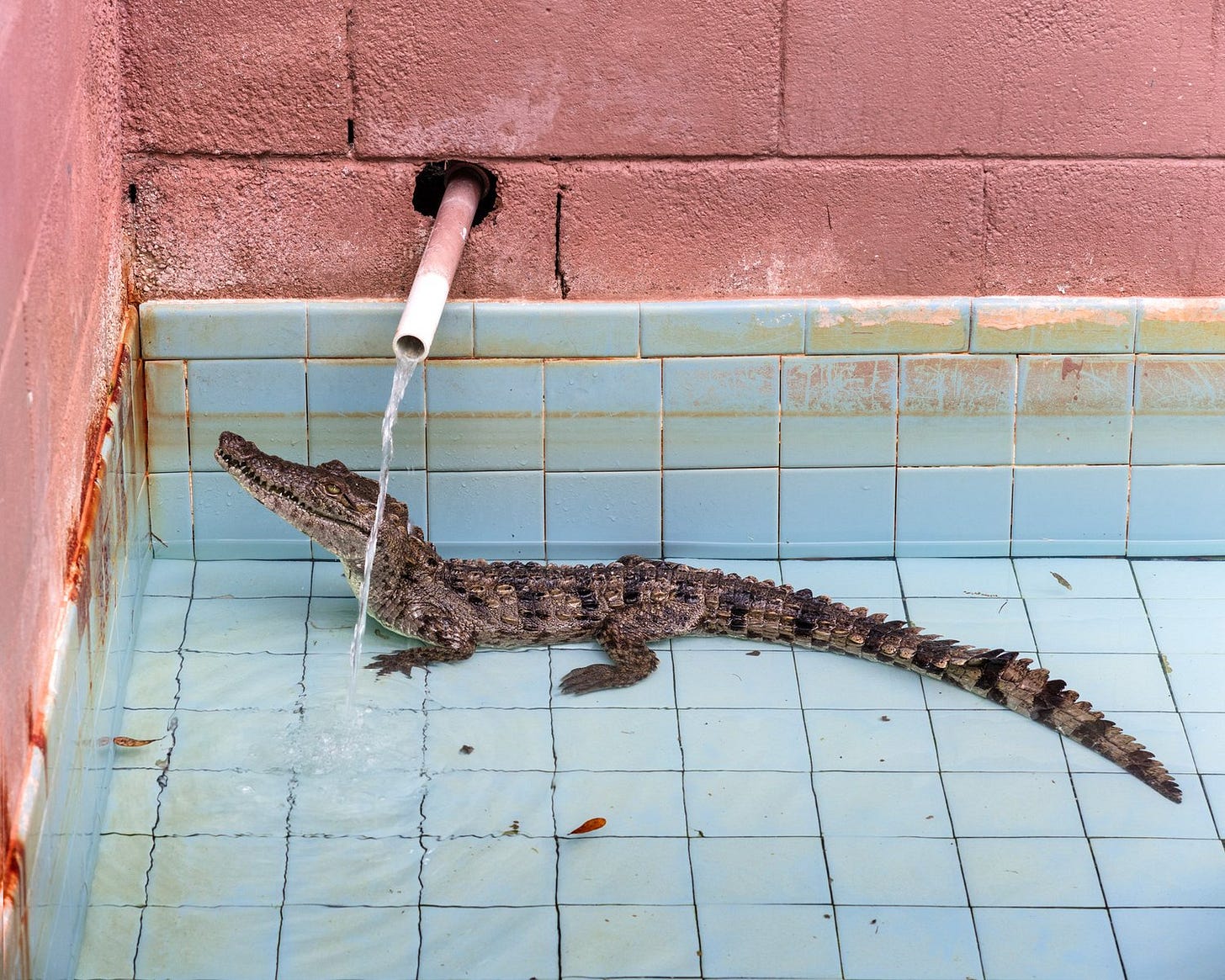Willie Nelson, "Your Memory Won't Die in My Grave"
Honky-Tonk Weekly #17
This is the seventeenth edition of Honky-Tonk Weekly, a weekly(ish) column here at the Tropical Depression Substack. This week we’re feeling kind of free with Willie Nelson.

If the body’s image has gone, await the image-maker; if the
body is utterly ruined, become all soul.
—Rumi, from “Ode 2180”
In the six hundredth year of Noah’s life, the Lord became dissatisfied with his Creation. Humans, in particular, were a disappointment. He warned Noah, but no one else: “I will wipe out the human race I created from the face of the earth, from human to cattle to crawling thing to the fowl of the heavens, for I regret that I have made them.”
I’ve written about this story before, but the magnitude of the Lord’s atrocity always strikes me as a little underplayed. This was something close to omnicide. Per the King James translation: And all flesh died that moved upon the earth, both of fowl, and of cattle, and of beast, and of every creeping thing that creepeth upon the earth, and every man. The antediluvian world population was much lower than sprawling modernity, but still: Tens of millions of people drowned, their bodies eventually floating to the surface once putrefaction took hold. Babies, bobcats, koala bears, etc.
Don’t be distracted by trickster digits; think of the bodies. This is not recorded in the annals of Noah, but the ark must have had to sail through the corpses crowding the water.
The next line, per the King James translators: All in whose nostrils was the breath of life, of all that was in the dry land, died.
Sometimes I can only recoil from the Lord and his mysterious ways.
An interesting note about the translation, from Robert Alter’s commentary on Genesis (Alter has it as “all that had the quickening breath of life in its nostrils”):
The Hebrew, nishmat ruaḥ ḥayim, is unusual, the first two terms in a way doubling each other (“the breath of the breath of life”). Some recent scholars construe this as a minimizing idiom that implies something like “the faintest breath of life.” But the one other occurrence of the phrase nishmat ruaḥ, in David’s victory psalm (2 Samuel 22:16), is part of an anthropomorphic vision of God breathing fire on the battlefield (“By the LORD’s roaring, / the blast of His nostrils’ breath”); and so it is more plausible that the doubled terms are intensifiers, underlining the physical exhalation of breath from the nostrils that is the sign of life. In fact, we shall encounter other instances, in the Plagues narrative and in the Sinai epiphany in Exodus, where two synonyms joined together in the construct state signify intensification.
Be that as it may.

Willie Nelson is almost satisfied, but not quite. I don’t mean Willie, the human being. Never met him. I just mean the character in his songs.
The myth that Willie conjured for himself is the chiller. The chillest chiller who ever chilled. And that’s there in the music. These are good tunes for the porch. Winsome and fuzzy, his music is friendly accompaniment for drink or smoke with not too much to do. But the hum of lonesomeness is always there: his pre-existing condition, incurable. Even when he’s living the life he loves, playing music with his friends, that old vapor is there. These are sad songs.
One of Willie’s many gifts as a songwriter is to mix these registers. Hank Williams helped to define the ethos of country music with his lickspittle melodrama (recording in character as his alter ego, Luke the Drifter, he would sometimes weep openly in the studio). The Stanley Brothers wailed their laments (missing their mama, missing their home, unipolar depression in the waiting room before final salvation, etc.) as if proselytizing bad news and bummers across the hollers of southwest Virginia. Willie’s songs have their own laments. But these are the most unruffled blues. Life is hard; Willie chills on.
“Don’t throw away your suffering,” wrote Thích Nhất Hạnh. “Touch your suffering. Face it directly, and your joy will become deeper.”
Everyone in country music has a Willie Nelson story but the punchline is always the same: “Do you think she has a roach clip?”

Spirit, Willie Nelson’s forty-fourth studio album, released in 1996, is an underrated masterpiece. It is more spare than most of his material, particularly in that period. But it’s also the most cinematic and thematically coherent record he put out since his classic Red Headed Stranger in 1975 (which some argue is country music’s first concept album).
Spirit is a Tex-Mex border record. Border towns are strange places, reminders of one of the many cosmic gags about being human: The world frustrates our human need to taxonomize, but we keep doing it anyway. To notice this is an act of wisdom; to accept it as mystery is an act of the spiritual. Literary people love to put the word “liminal” into project pitches. Academics love to put it in their course descriptions. Jerusalem was and is a border town. When Jesus arrived there and was interrogated by an assembly of chiefs and scribes, they asked him if he was the Messiah. “If I tell you, you will not believe,” Jesus replied. A trickster answer, or a true one, or both.
Recently my daughter, Marigold, asked my wife if there was anything beyond the universe. She told Marigold to ask her father. I responded in earnest with a number of factors to consider, which inspired a series of other questions. Where we landed is that true nothingness and true infinity—whether in space or time—are both unfathomable to human minds, but at some point it’s gotta be one or the other. “Nothingness would just be like, it’s just black,” she said. I said no, if it’s black, it’s something. There would be no color, nor any mode of description of any kind. As soon as you describe it, it’s something. If it’s nothing, there’s nothing to describe. “Nothing is literally no thing,” she said. She seemed very satisfied.
The third track on Spirit, “Your Memory Won’t Die in My Grave,” opens with one of my favorite all-time Willie lines: “I’ve been feeling kind of free, but I sure do feel lonesome.” It’s a heartbreak song: once upon a time, he and his lover carved their initials in a tree, but that’s just a memory now. She has left him. There is no implication that she has died, but the shape of the lament is not so different from mourning the dead. Heartbreak is like that sometimes.
As with most of the songs on the album, the acoustic guitar is high in the mix, a forceful twang and thrum alongside Willie’s weary-voiced, conversational singing. Willie has been playing the same guitar since 1969. It’s a Martin-M-20 classical guitar. Its name is Trigger because, according to Willie, it’s kind of like his horse. “I have come to believe we were fated for each other,” he said. “The two of us even look alike. We are both pretty battered and bruised.”
Willie has always conjured intimacy, but this record feels so close and cozy it’s like you could reach out and grab him by the pigtail. It was recorded in one afternoon, recorded live to two-track tape. That meant they couldn’t make fixes or adjust the levels. What it was was what it was.
Willie is backed by fiddler Johnny Gimble (a Western Swing legend who made his bones with Bob Willis and the Texas Playboys), his longtime touring guitarist Jody Payne, and his sister, Bobbie, on piano. On “Your Memory Won’t Die in My Grave,” Bobbie’s melodic, understated notes loop along and around Willie’s picking. A little funereal, but things are all right.
“It’s a memory today,” Willie sings, “It’ll be a memory tomorrow.” And ain’t it so? Trickster time, trickster memory, stretching both ways forever or until even space and even time is no thing at all.

As far as we know, Noah, whose background was in farming, had no particular aptitude for marine navigation. But it hardly mattered. There was nothing to navigate. There was nothing but water. Noah and his family and the animals had been afloat in the endless sea for about a year when they saw the tippy-tops of the mountains begin to emerge out from the water on the horizon. It occurred to Noah, or somebody, to send out a dove in search of land. I guess this was one of the two doves that Noah had brought aboard the ark, but I’m not sure. To me it seems like all the fowls of Heaven in range of the ark would have taken respite there once the water rose, whether or not they were among the lucky few picked by Noah for the expedition. But maybe I don’t fully understand the logistical complications for birds trying to survive an eliminationist flood. In any event, the dove returned with an olive leaf. Good news.
The ark finally came to land, covenants were made, life began again. Noah was a man of the soil, and after wasting his talents for a year putzing around on a boat, he was eager to get to work on the land. He planted a vineyard and invented wine. He got drunk. It had been a long year. He got so drunk he fell asleep naked. Relatable.
Later, in the ancient Near East, they would write this story and the story would go on to last a period of time that must have been unfathomable to them. A period of time that is less than forever but isn’t over yet. Some things have changed now. But the ancients knew that it was the obligation of sons to protect their fathers when they got too drunk. It was the way of things.
So what happened next was perhaps scandalous to the first tellers of this tale: Noah’s son Ham discovered his father naked and reported the situation to Shem and Japeth. In Ham’s defense, this was the first time in the history of the universe that anyone had gotten drunk on wine. Is it really so obvious what the rules were? It seems like a confusing situation.
Shem and Japeth, however, managed to handle the ordeal more gracefully, covering up their father with a blanket while keeping their heads turned so they wouldn’t see the old man nude, unlike poor Ham. As a result, they were blessed, while Ham’s son, Canaan, was cursed. The curse would last forever, or at least for a very long time. I’m not telling you it makes sense. I’m just reporting what happened. The universe doesn’t owe us making sense. Many generations hence, Clint Eastwood would remind us of the unavoidable truth: “Deserve’s got nothing to do with it.” Noah lived another 350 years. Then he died.
The great intervention of Paul and what became the New Testament was to insist on a total inversion of the moral logic of the age. The ancient world of what we call the West and the Near East had nothing like our common concept of human rights. People were born into the station they were meant to occupy, and there was no shame in cruelty to those with less power. The moral order was might makes right. The weak had no moral standing; weakness was shameful. Unwanted babies were frequently left on the side of the road or in trash piles to die. Some were dropped into drains. The term for this practice was exposure. Most died of starvation, heat, cold, or animal attack. Some were adopted by passersby, but nearly all of these were raised as slaves. Girls were more likely to be “exposed” than boys; many of those who survived wound up in brothels. Slavery was a ubiquitous part of daily life and experience. According to some sources, even Plato was sold into slavery for a time. Aristotle, who had trained at Plato’s academy, endorsed the practices of both exposure and slavery.
The early Christians called their movement The Way. They said: “God chose what is weak in the world to shame the strong. God chose what is low and despised in the world, things that are not, to reduce to nothing things that are.” They said: “many who are first will be last, and the last will be first.” They said: every life is precious, every life is sacred. Every single one. They said: find those among you in need—there is God. Show them decency—this is loving God.
When the end of the world did not come on time, things got weird. The revolutionaries were co-opted by the kings and empires. They preferred the first to be first. The Christian conscience lingered at the margins. It often showed up most strongly in secular rebellions against church authority. As the Orthodox theologian
puts it, there was a “historical divorce of the moral grammar inspired by Christianity from the political order incubated by Christendom, and…the fault for this lies wholly on the side of the church, not that of the forces of secularization.”There’s a kind of tragedy to that story. Now it’s farce. The United States of America at this moment in time indulges a fad for “Christian nationalism.” This is, as Hart points out, an oxymoron.
Trust instead in the Redneck Hippie. The songs on Spirit alternate between laments sung to lost loves and conversations with God. You might say that speaking to the departed lover has a few things in common with prayer. A little bit bitter and a little bit sweet; vulnerable, lonesome, beaten-down; urgent despite no expectation of response.
One of my favorite songs on Spirit is “Too Sick to Pray,” Willie at his most fragile, but emboldened by a kind of simple decency—and by a hope for decency in the world.
I’ve been too sick to pray, Lord
That’s why we haven’t talked in a while
It’s been some of them days, Lord
I thought I was on my last mile
But I’m feeling okay Lord
And I’m glad that I called you today
Never needed you more
I woulda called you before
But I've been too sick to pray
The generations of Adam lead to Noah, but every other branch of the tree is severed forever when the flood comes. Is Noah the hero of the story? Is the Lord? My heart is with the people and the animals under the sea. With the old ones and with the broken ones and with the kiddos and the babies. Solidarity with the drowned.
The other day, I got a text message from a number I didn’t know: “I’m curious would you say you’re a kind person?”
It was either a wrong number or some kind of scam, but I thought it was a fair question. Sometimes I think it’s the most important question in the universe.

Self-help section: You are all right. You will do the thing, we all do the thing. The thing where you have a story about your life and a story about what your life has turned out to be. Listen: the pebble you are kicking on the road you are walking down is the only pebble you were meant to kick. Your choices aren’t choices in the full view of time. What might have been is only ever what was. The counterfactual, by definition, isn’t so. The choices that you did not make are an invisible void—a counterfactual, a nothing, a no thing. Never fact because it’s only the choice that’s made that steers the only story that is. Don’t sweat the no things. You are the chillest chiller who ever chilled. We imagine choices in superposition, but the wave function collapses when choices are made. It’s a measurement problem, if you let it get to you. Don’t let it get to you. The only truth worth planting on is the number at the end. The equations are remarkably predictive.
There is no cotton, sister, but this: The only life and only you and only knowledge you will ever know is right here in a present tense as thin and slippery as the number zero. It’s a slick business. Here you are, and it’s already gone.
You are less than breath, you are the breath of the breath, you are the breath of the breath of the breath, vapor, vapor of vapor, vanity, vanity of vanities, mere breath, the breath of the breath of life. You have eaten of the apple. You have life and knowledge. You have subjectivity—a nightmare, we get it. You are precious. Even the Lord feared you in some inscrutable fury and flooded the world. You are sacred. You are scared. You have questions. You have a reckoning in the third person. Who do you think you are? You are trouble in the divine algorithm. You are creature and creator.
If the body’s image has gone, await the image-maker; if the body is utterly ruined, become all soul.
You might be feeling kind of lonesome, but you sure are free.

The last couple years, I’ve been periodically reading the Narnia series to Marigold, who just turned eight. One night, I was reading The Lion, the Witch, and the Wardrobe to her and we got to this passage:
And now a very curious thing happened. None of the children knew who Aslan was any more than you do; but the moment the Beaver had spoken these words everyone felt quite different. Perhaps it has sometimes happened to you in a dream that someone says something which you don't understand but in the dream it feels as if it has some enormous meaning- either a terrifying one which turns the whole dream into a nightmare or else a lovely meaning too lovely to put into words, which makes the dream so beautiful that you remember it all your life and are always wishing you could get into that dream again. It was like that now.
Marigold stopped me.
“I had a dream like that,” she said. “In the dream, somehow I knew that I had to get out of bed. So I got out of our bed, and I walked to a table. And under the table was a sparkly pink pouch. Sparkles all over. And I couldn’t wait to find out what was in the pouch. And I opened it but then—I woke up. I never got to find out what was in the pouch.”
And I told her that maybe it was better that way, that it was the anticipation that sparkled, that there is always another unopened box, another possibility, but we are here, it is like that now, this is the dream: the pouch and the desire for what is inside the pouch. Isn’t that the sweetest and chillest present? Mustn’t it be ever thus: crawling under the table and you almost get it? Whatever it is, inside the pouch, but not quite? Isn’t that sweet? Isn’t that life?
And she looked at me carefully and she said, “Blah blah blah.”
I’ve been feeling kind of free, but I sure do feel lonesome. This is our earliest predicament. We crave the apple, miss the garden.
There’s a video online of a young girl, who looks like she’s a few years older than Marigold, interviewing the boxer Mike Tyson. It’s gone viral so there’s a good chance you’ve seen it. The girl asks Tyson what type of legacy he wants to leave.
“I don’t believe in the word legacy,” Tyson tells the girl. “I just think that’s another word for ego. Legacy doesn’t mean nothing. … It means absolutely nothing to me. I’m just passing through. I’m gonna die and it’s gonna be over. Who cares about legacy after that? What a big ego—so I’m gonna die and I want people to think that I’m this, or I’m great? No, we’re nothing. We’re just dead. We’re dust. We’re absolutely nothing. Our legacy is nothing.”
“Well, thank you so much for sharing that,” the girl says.
Before you have kids you imagine all these things you want for them, all these things you want to give them as a parent. Then you have kids and it turns out it’s complicated, so you have to make it simpler. I want to give my children the means to be groovy if they wish to be groovy; I want them to know how to absorb the dissatisfactions in a life without being broken; most of all, I want them to be kind. Kindness is a too rare thing.
My son loves cowboys, a fact which I’ve exploited to get him deeply into country music. Any time I want to play him a country song, I tell him: “You want some cowboy music?” He nods vigorously and I cue up a Willie Nelson album, say. And the music begins and he asks, “Is this cowboy music?” It is, I tell him. “Good,” he says.
Willie Nelson published a book called The Tao of Willie: A Guide to the Happiness in Your Heart, which is a little on the nose, but here we are. “If God is everywhere and in all things, then in stillness and in grace you can talk to God,” Willie wrote. Or maybe that part was written by his collaborator, a six-foot-seven man named Turk who appeared in four episodes of The Sopranos. But I like to hear it in Willie’s voice.
If you have too much wine and go to sleep naked, don’t worry about it. It’s fine. If you’re tired of the sea, send out the dove. It’s a memory today. It’ll be a memory tomorrow. You are the quickening breath of life. Think of the bodies. Navigate to the sparkly pink pouch. Navigate to the nothing. Touch your suffering. If you’re too sick to pray, become all soul. What you can control wilts before the awesome shine of contingency. Does that make you feel better or worse?
Puff, says Willie.
Puff, he says again.
And then he says: Give.



I saw those Samoylova photos at the George Eastman Museum in Rochester a few years ago. Powerful stuff and a great visual accompaniment to this great piece.
🪄🫶🏻